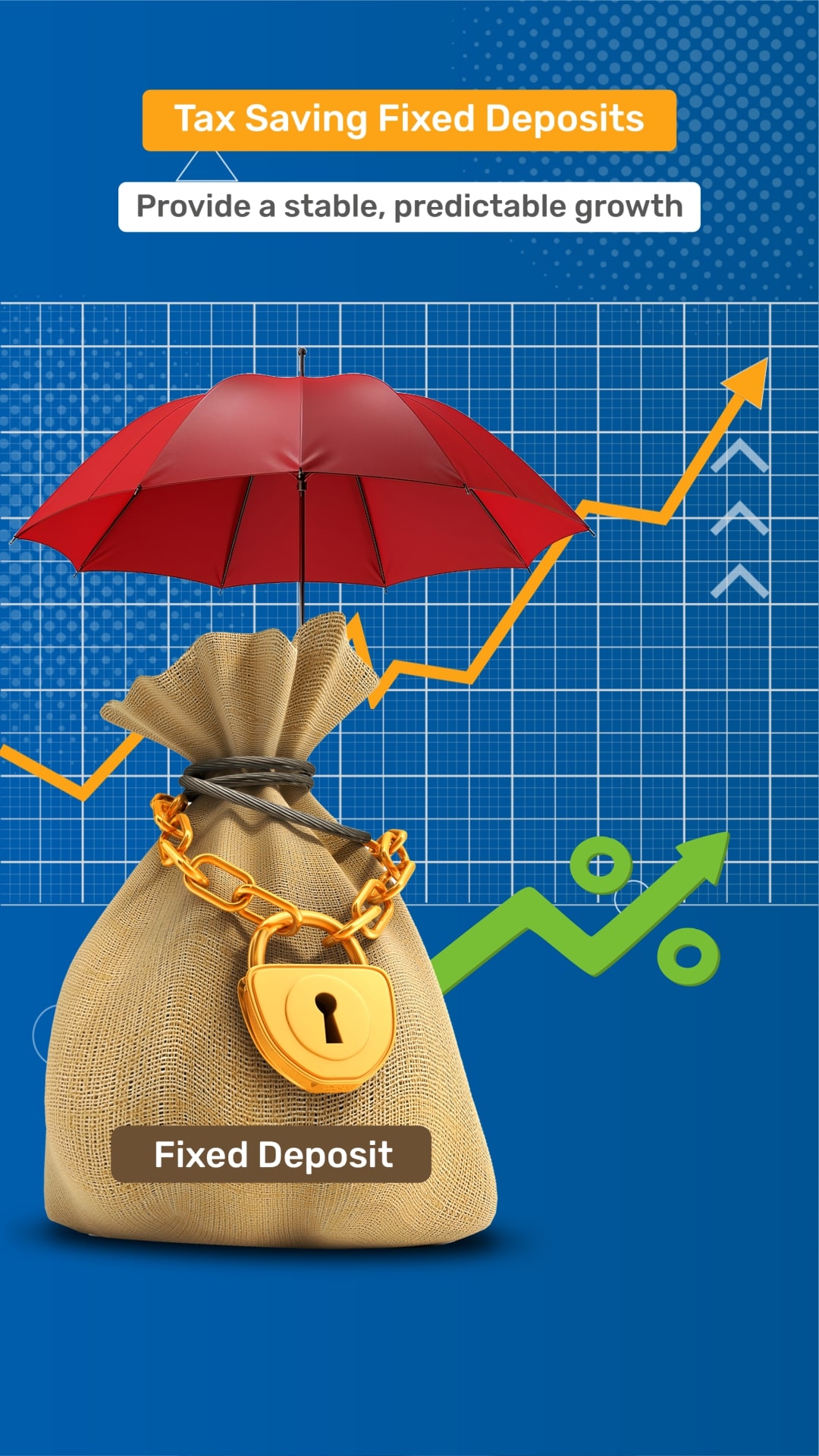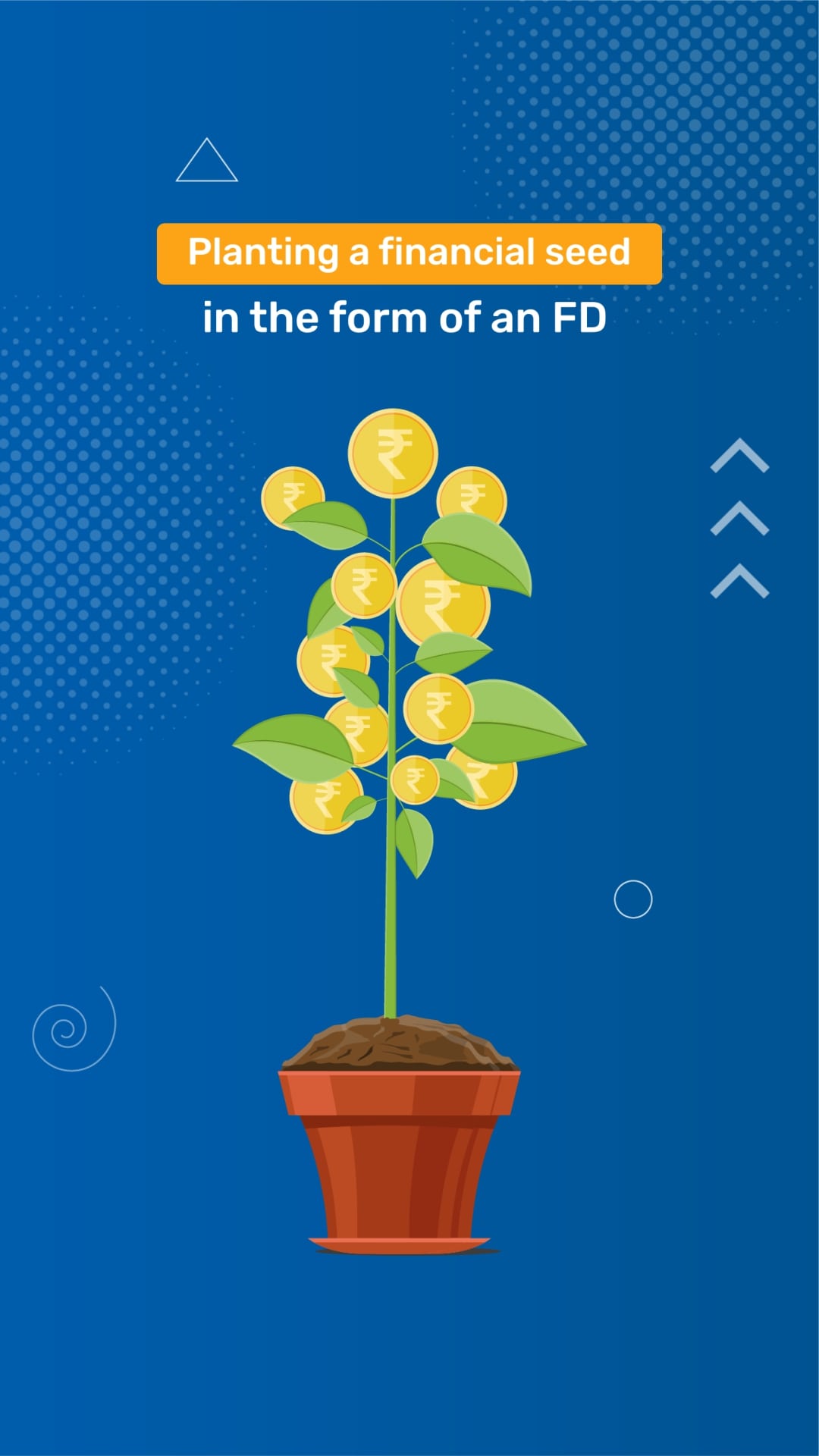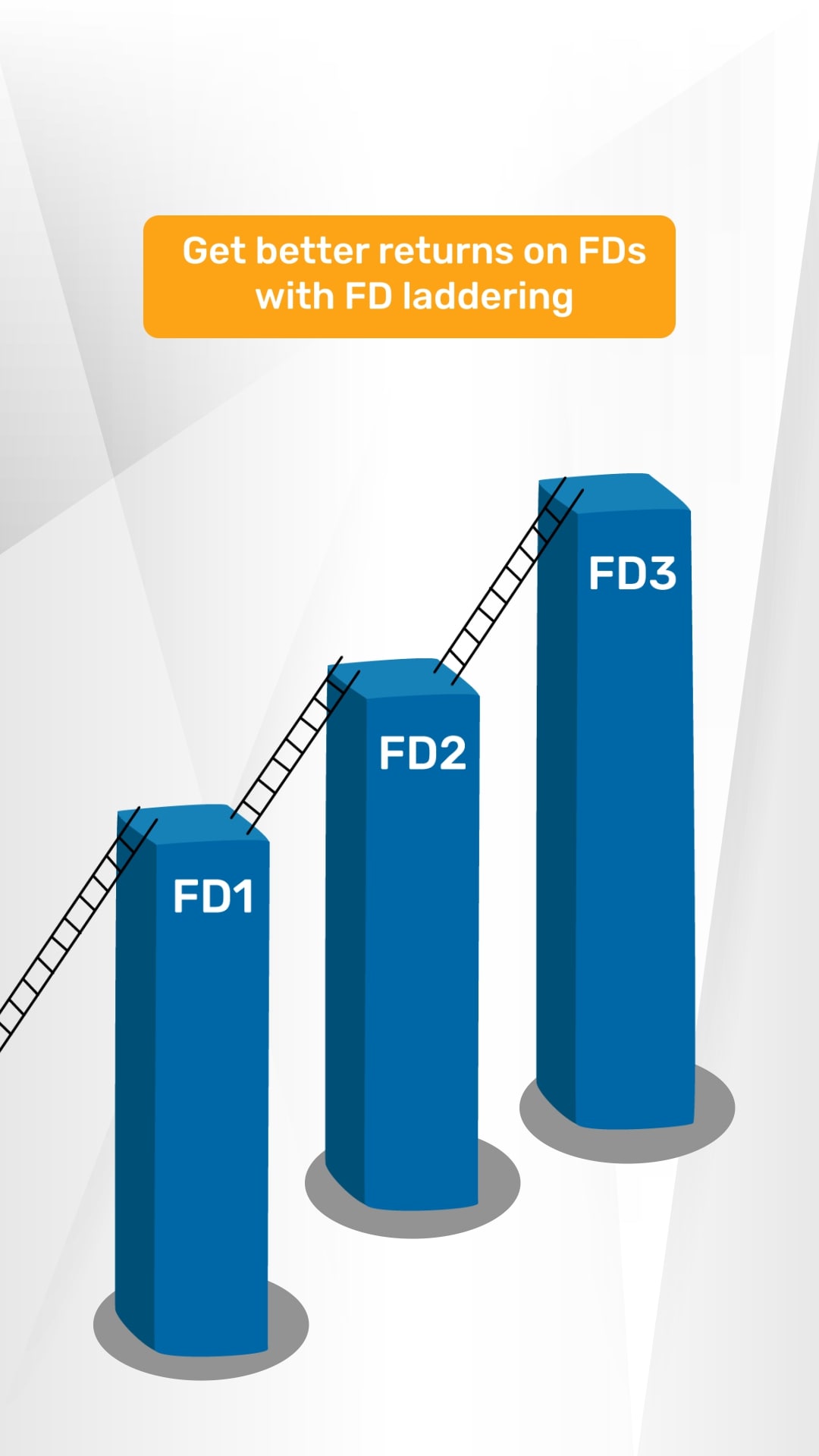The Role of Fixed Deposits in Financial Planning: Aligning with Your Goals
Financial planning involves creating a clear roadmap to achieve your goals, and fixed deposits could play a key role in this journey. In this video, we’ll explore how fixed deposits could support both your short-term and long-term financial objectives. They could also provide stability and predictable returns.
From aligning with short-term goals like vacations or purchases to building an emergency fund, FDs could offer flexibility and security. They might also serve as a part of retirement planning through strategies like laddering. This might ensure you receive a steady income post-retirement. Additionally, we’ll discuss tax-saving FDs under Section 80C, which promote disciplined savings.
While FDs offer safety, their returns might not always outpace inflation. By understanding interest rate fluctuations and diversifying investments, you could enhance your overall financial strategy.
The predictable nature of fixed deposits could make it a dependable option in your financial plan. This could make them an integral part in planning your finances in a comprehensive manner.

Key Takeaways
Fixed deposits could act as a cornerstone in financial planning, providing a stable and predictable path to achieve your goals
FDs could be versatile for short-term objectives and might help align savings with expenses like vacations, gadgets, or school fees
They might support building a robust emergency fund and could ensure quick access to funds during unforeseen situations
FDs could play a role in long-term strategies, providing a steady income through a retirement income ladder
Tax-saving FDs under Section 80C offer dual benefits: tax deductions and disciplined, long-term saving habits
Despite their stability, FDs might not outpace inflation, which is why diversification could be vital for potentially higher returns
Monitoring interest rate trends and using FD laddering could optimise returns based on prevailing economic conditions
What to Watch Next
Bites
































